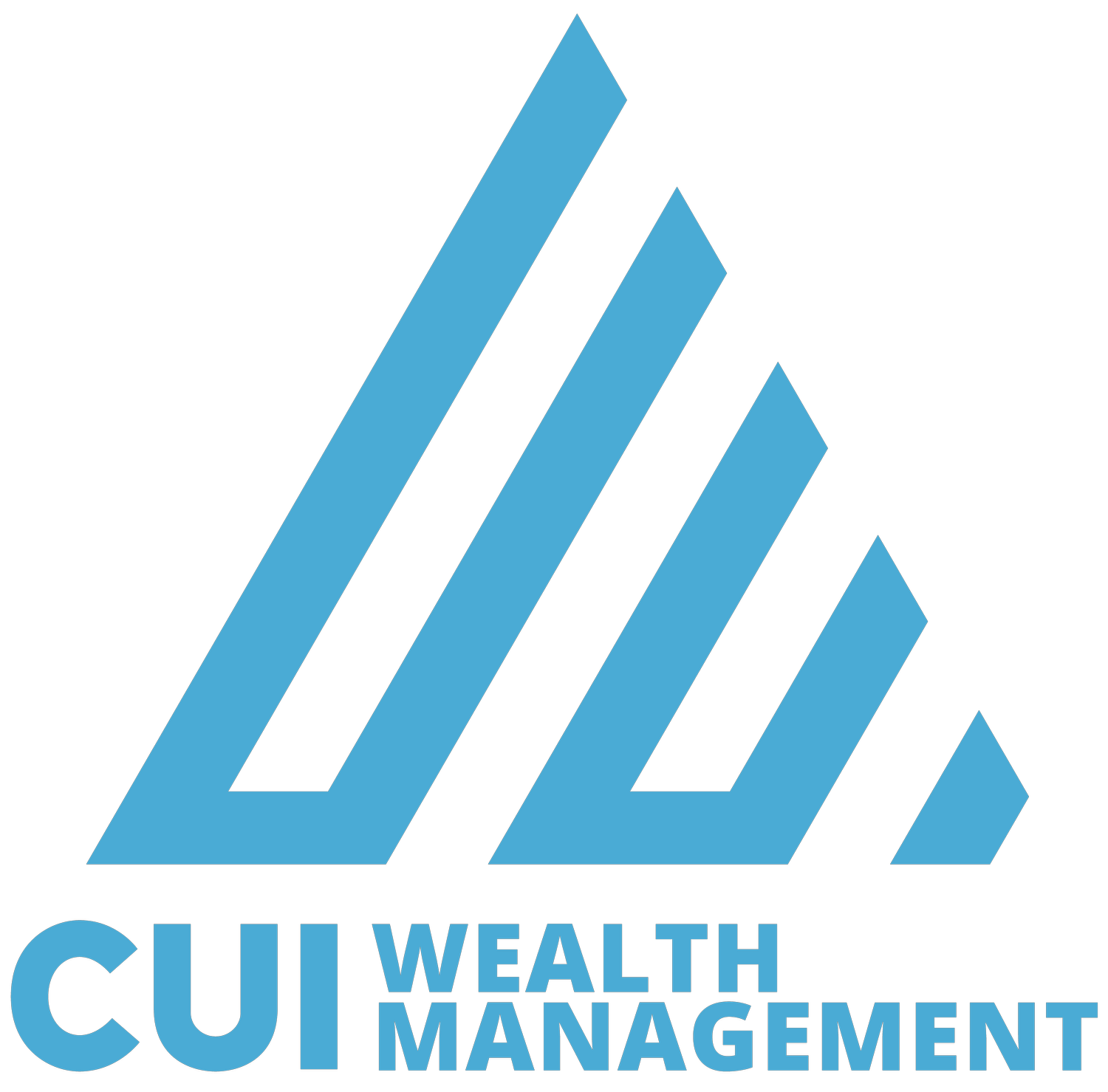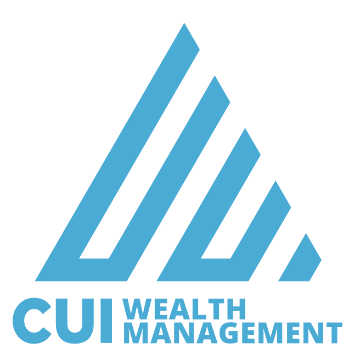Understanding Eligibility Options in a 401(k)
What Eligibility Options Are Available for a 401(k)?
As a business owner or plan sponsor, your commitment to the financial well-being of your employees goes beyond the workplace. Offering a robust 401(k) plan is a strategic move that attracts top talent and fosters a culture of long-term financial success. This comprehensive guide will explore critical considerations for plan sponsors and business owners regarding 401(k) eligibility options. By doing so, you can ensure your employees have the tools to navigate their retirement journey successfully.
Small business retirement plans such as SIMPLE IRAs, SEP IRAs, 401(k)s, and cash balance plans are available. Still, this article will focus on 401(k) plans, one of the most common types of retirement plans.
The Foundation of 401(k) Plans
Before we dive into eligibility options, let's first establish a basic understanding of 401(k) plans. A 401(k) is a retirement savings plan sponsored by employers that allows employees to contribute a portion of their salary. The contributions are invested to provide growth opportunities over time. As 401(k) advisors, we understand the importance of these plans in achieving long-term financial stability.
401(k) plans offer multiple benefits for both employees and employers. Employees can save a portion of their paycheck towards retirement and grow their savings over time. Employers, in turn, can take advantage of the plan's tax benefits. If designed appropriately, employers can use 401(k) plans as a strategic tool to attract talented individuals to their company.
It is crucial to create 401(k) eligibility criteria that meet the diverse needs of your workforce. As Wealth Advisors, we recognize that your employees are the foundation of your organization. Their financial stability is of utmost importance. We can assist you in structuring eligibility requirements that cater to various employment situations, fostering inclusivity and engagement.
Know Your Company's Goals
It is essential to understand what your company's goals are before deciding on eligibility requirements. The goals of the 401(k) plan will impact the plan design. For example, suppose the true purpose of the 401(k) plan is to provide a robust benefit for simply being a part of your company. In that case, you will likely keep eligibility requirements at a minimum.
On the other hand, if you want to save money, you may create more stringent eligibility criteria to limit participation. You may still want to provide an excellent benefit, but factors like turnover may limit your options.
As Wealth Advisors, we can help you navigate these nuances and identify retirement plan strategies that align with your company's goals and objectives.
Minimum Age Requirement
401(k) plans can set age requirements as an eligibility criterion. Retirement plans provide little flexibility for age requirements. The maximum age requirement you can place on a 401(k) plan is the attainment of age 21.
Adding an age restriction only allows you a little latitude to exclude employees. It can significantly impact industries with a young workforce. It is important to note that retirement plans have no maximum age requirement. Employees can contribute to their 401(k) at any age if they still work for the company.
Waiting Period
It is common for companies to increase the waiting period if they want to cut costs or if they operate in a high-turnover industry. Moreover, companies usually implement longer waiting periods for employees to qualify for a generous employer contribution. This approach motivates employees to stick around and put in their time before receiving a fantastic employer contribution.
If you are trying to recruit employees, providing immediate eligibility for 401(k) can be a highly effective incentive. It can positively impact employee retention, recruitment, and overall job satisfaction. As a plan sponsor or business owner, your company can be seen as a leader in prioritizing your employees' financial wellness by providing this benefit.
When discussing an appropriate waiting period with employers, we typically inquire about the point at which they observe employee attrition. For instance, if they notice a rise in the number of employees departing after three months, this is a suitable starting point for determining the appropriate waiting period.
Remember, an employee's service is generally combined when terminated and rehired within specific time frames. For example, you cannot terminate an employee approaching meeting their waiting period requirements and then rehire that employee shortly after and expect the waiting period time frame to reset. Waiting periods work differently than that.
Also, regarding part-time employees. Employees who complete 500+ hours for three consecutive years qualify for the company's 401(k) plan.
Our team can assist you in determining an appropriate waiting period for your company. We can provide industry-level benchmarks to supplement our analysis.
Plan Entry Dates
When building out your plan eligibility, it's essential to consider the factor of plan entry dates. Many companies allow eligible participants to enter the plan on the first day of the month following their eligibility. However, there is some flexibility with planned entry dates. For example, some companies may allow employees to join on the first day of the next quarter following their eligibility.
This is another area where every plan will differ slightly in what's appropriate for their situation. It's good to look at industry benchmarks to see what your competitors do regarding plan entry dates. It can also be helpful to assess your budget and plan administration considerations.
Building a Strategy
Once you have established your goals and have considered age, waiting periods, and plan entry dates, you can view the other factors of your overall 401(k) strategy. For example, how do vesting schedules impact your decisions on eligibility factors? How will it affect your administration's capabilities for the plan? If you have automatic enrollment or automatic escalation in your plan, how will this impact your overall goals and strategy?
Too many companies start a plan just to have a retirement plan. They see their competitors have a retirement plan or think that's just what you should do if you have a company of a specific size. In reality, the versatility of a 401(k) plan can provide significant opportunities to align its design with your company's strategies.
When we help companies build an investment committee, we like to see representation from multiple facets of the company. This allows us to gather perspectives from different angles of the company. For example, a finance executive will have other goals and objectives than the human resources executive. By balancing out the goals of both departments, we can develop a much more well-rounded and robust plan for the company.
Conclusion
401(k) eligibility options are crucial in providing a competitive retirement plan that aligns with your company's strategies. Understanding the rules and opportunities of age, waiting period, and plan entry dates is essential as you decide on the eligibility criteria you would like your plan to have.
Aligning the eligibility criteria with other plan design features can create a compelling benefit. It is recommended to involve the investment committee in these discussions and decisions. The perspective of multiple executives can help you build or review your strategies for an even more compelling benefit.
It is crucial to remember that your plan must comply with the plan documents. You need to work with your third-party administrator (TPA) and record keeper before implementing changes to your employer-sponsored retirement plan.
As dedicated Financial Advisors, we are committed to guiding you through the intricacies of 401(k) plan design. We offer personalized solutions tailored to your company's unique circumstances.
Although CUI Wealth Management is located in the greater Salt Lake City, Utah area, we serve clients in multiple states. You can find a list of the states we serve in the website footer. Contact us today to embark on a journey towards a secure and prosperous retirement.


